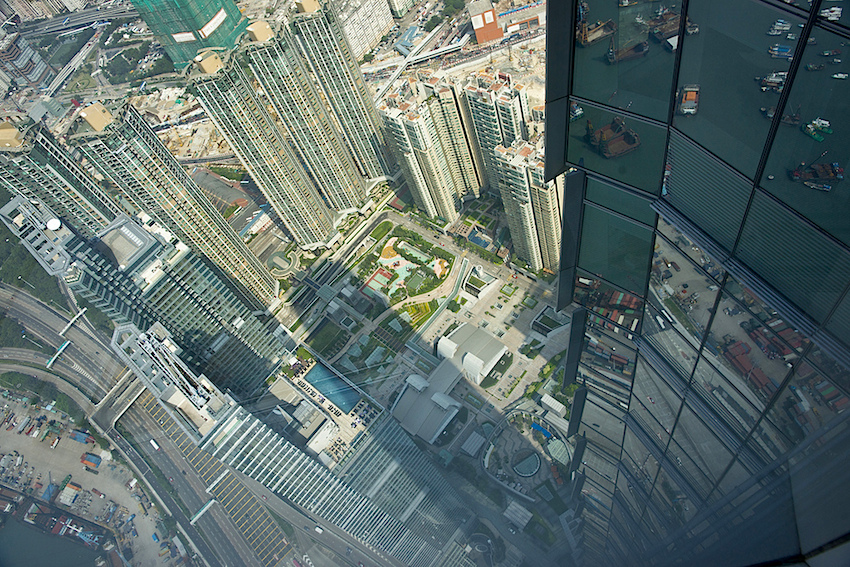A trafficking victim, who was beaten and forced to work without pay in Hong Kong, will be allowed to challenge in the courts the autonomous region’s failure to pass laws protecting victims of forced labour early next year.
The landmark review was filed by a man who said he came to the territory as a domestic worker, but was then forced to work in an office. He received no pay, was beaten at work and had his passport confiscated.
The man, who cannot be named for legal reasons, also said he was framed for crimes and jailed.
After his release, he sought help from various government agencies including the Labour Department, the Immigration Department and the police, but received none.
“We have a very strong case here of someone who was trafficked for forced labor, and this judicial review will force the government to do something to protect these kind of victims,” human rights lawyer Patricio Ho, who is representing the man, told the Thomson Reuters Foundation.
Hong Kong narrowly defines human trafficking as a crime only involving cross-border sex trafficking for prostitution, meaning that victims of forced labour are not legally protected.
As a result there are few human trafficking prosecutions in Hong Kong. The U.S. State Department last year identified Hong Kong as a destination, transit and source territory for adults and children subjected to sex trafficking and forced labour.
The International Organisation for Labour estimates that almost 70 percent of modern-day slaves are forced labour victims, while the rest are exploited in the sex industry.
He is seeking unspecified damages against the government, which he says is in breach of the Hong Kong Bill of Rights that states no one shall be held in slavery and servitude.
He is also challenging the government over insufficient legal safeguards to protect victims of human trafficking. Hong Kong has signed several anti-trafficking and forced labour conventions that oblige it to protect individuals.
In practice though, not enough is done to fulfill these obligations, said Ho from law firm Daly and Associates.
With its large migrant population – including some 320,000 domestic workers, mostly from the Philippines and Indonesia – Hong Kong needs a more comprehensive definition of human trafficking, rights activists argue.
Archana Kotecha, head of legal at Liberty Asia, an anti-slavery charity, said the man’s case was of “momentous significance” in efforts to fill Hong Kong’s human trafficking legal gap.
“I’m extremely hopeful that this judicial review will open the door to change,” she said. “It is extremely difficult to achieve justice from the government’s current piecemeal approach to human trafficking.”
Hong Kong government officials did not return phone calls for comment.
However, a spokesman for the Security Bureau, whose responsibilities include law enforcement, told the South China Morning Post that the fight against human trafficking was a priority and it “spared no effort” in combating the crime.
Words: Reuters
Photo: Barbara Willi



